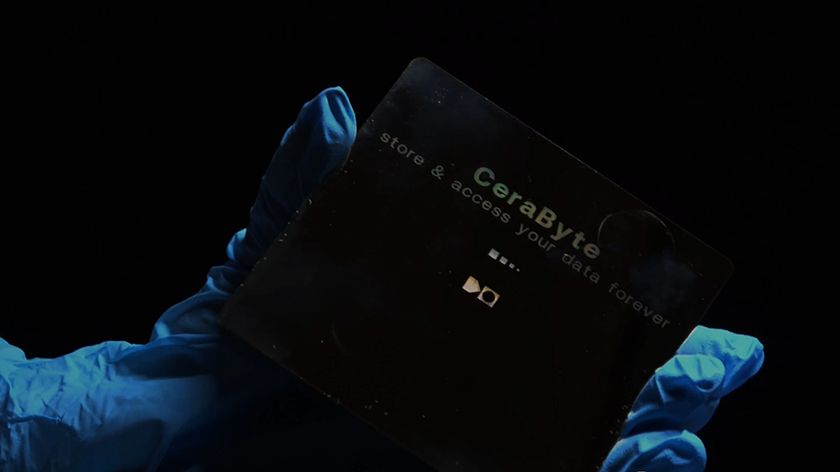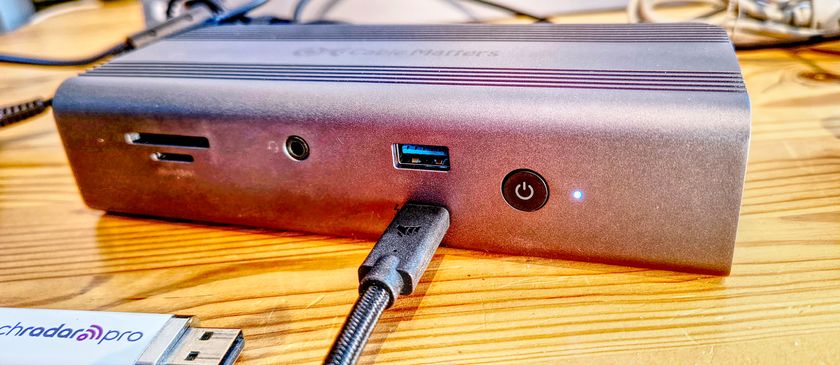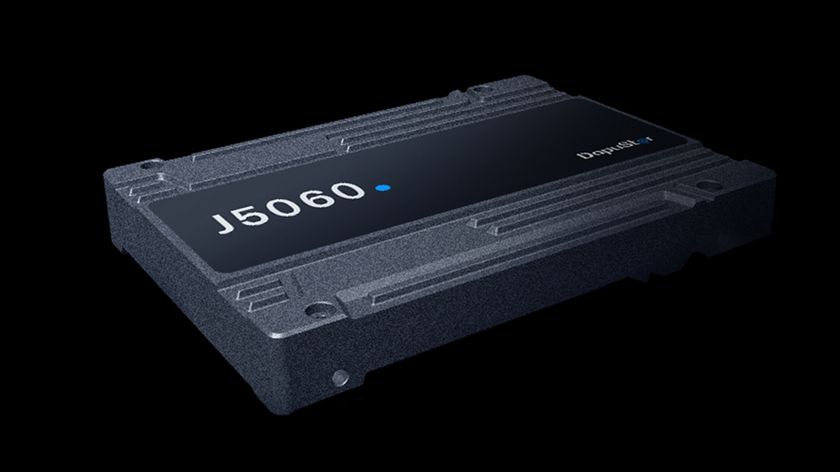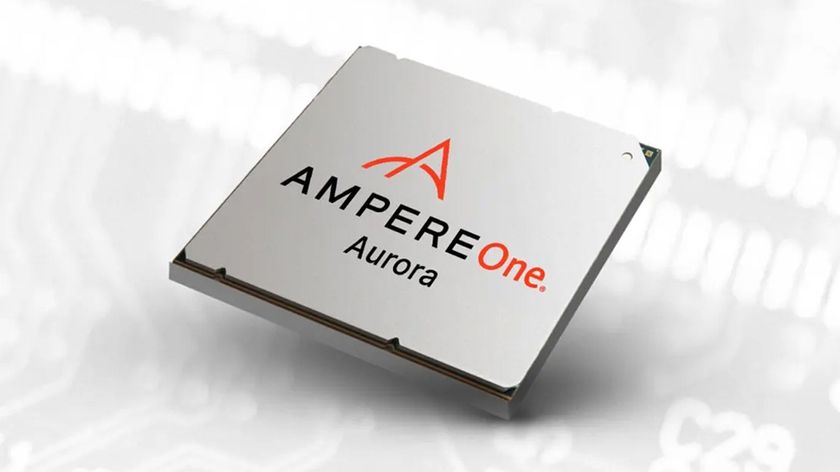Search engine basics
Getting the most out of natural and paid search
Most of the "art" of SEO is trying to second guess what Google does in between visiting your site and how that then translates into the position on the natural search results. There's a definite correlation between the frequency of change, and your position, and the speed of response of your web server and the position. Everything else is guesswork.
If your site takes a long time to load on a browser, then Google will push you down the list of sites it displays. If you create a website that's confusing you're also likely to appear further down the list.
The basics of paid search
Paid search is unlike any other advertising you will have encountered, unlike other advertising you only pay for the customers that come to your site, and the responses are instant.
Paid search is a bit like turning on a customer tap. With paid search you create a campaign, decide how much you want to spend on the total campaign, decide on the maximum you want to pay for a click-through to your site, and then switch the advertising on. Your customers will then start arriving, and it's then up to your site to do the conversion from prospect to purchaser. When the money runs out on your campaign then your customers stop coming.
Paid search on Google is through Google AdWords (http://adwords.google.co.uk/). With an AdWords campaign you can enable adverts on all of Google's extensive search empire from Google Search, through adverts on Gmail, and through to local adverts on Google Maps.
The basic element in AdWords is the keyword and phrase, and the more targeted the keyword the better. For example if you're a Renault garage based in Camden then your AdWords would probably be "car servicing in Camden", "MOT's in Camden", "Renault service Camden." The secret is to guess what your customer is putting into the search engine, and then try and structure your keywords around that.
Creating a successful AdWords advert
The good news is that you can alter your keywords and your adverts as many times as you want, and unlike SEO you have complete transparency on results. You can see just how many people have seen your advert, you can see exactly how many have clicked through, and if you have your site setup correctly you can then see how many have converted, and how many have gone elsewhere.
Are you a pro? Subscribe to our newsletter
Sign up to the TechRadar Pro newsletter to get all the top news, opinion, features and guidance your business needs to succeed!
If the advert isn't performing well, then it's a simple process to change the wording. As you get better at working with AdWords you'll find you'll setup multiple campaigns all with different wording. You can then instantly see which performs best, the ones that aren't performing can be switched off, and you can either transfer the funds to the ones that are, or you can create new variations of the best performing advert to see if there's further advances to be made.
Pay per click (PPC) fee
The other key element of an AdWords campaign is Pay Per Click (PPC). When a user enters a search term in Google, the search engine will quickly compare that with the keywords purchased in AdWords. When it finds a match it will then look at each advert to see the PPC. The more you are willing to pay, the higher up on the page your advert will appear and the faster your marketing budget disappears.
If you have overstock that you want to get rid of quickly then bid high, but remember you need to be able to cope with the traffic and the orders. If you want your marketing budget to last longer then, bid low.
The search engine that's right for you
While we have concentrated on Google there are other search engines, and there are lots of search engines for specific markets that you should be aware of. While the market specific search engines may not have the traffic of Google, they could be more effective for your business. The only way to find out is to try them and see.












